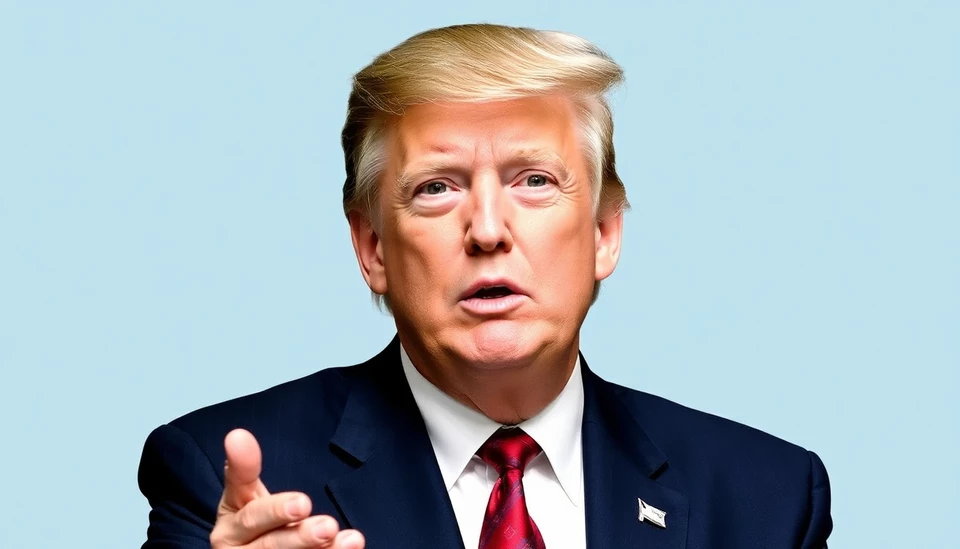
In a surprising political move that has sent ripples through the pharmaceutical industry, former President Donald Trump has appointed Robert F. Kennedy Jr. as the new head of the Department of Health and Human Services (HHS). This unexpected selection has led to an immediate downturn in the stock prices of major vaccine manufacturers, reflecting investor concerns over Kennedy's controversial stance on vaccines.
The announcement came during a press conference where Trump outlined his vision for health policy in a potential future administration, emphasizing a return to what he described as "medical freedom." His choice of Kennedy, a long-time critic of vaccines, signals a dramatic shift from traditional public health strategies, raising flags among investors accustomed to a more stable approach to health regulations and vaccine support.
On Wall Street, the immediate reaction was palpable. Stocks for leading vaccine producers such as Pfizer, Moderna, and Johnson & Johnson witnessed significant declines, with analysts attributing the drop to fears that Kennedy's leadership could potentially disrupt ongoing vaccination campaigns and public health initiatives. Investors are particularly worried that new policies may favor alternative medical treatments over proven vaccinations, potentially undermining efforts to combat infectious diseases.
Kennedy's views on vaccines have long been a topic of contention, known for spreading skepticism about vaccine safety and efficacy. His appointment could herald a series of changes in health policy that could impact vaccine research funding and even regulatory approvals. It's a change that many in the medical community view with great concern, fearing public health outcomes may suffer as a result of such a leadership shift.
Market analysts suggest that the ramifications of this appointment could extend far beyond immediate stock reactions. If Kennedy implements policies that discourage vaccination or limit funding for vaccine research, it could set back years of progress made in immunization efforts against diseases like measles, polio, and influenza. Public health officials worry this could lead to a resurgence of preventable diseases, with devastating consequences for communities across the country.
Moreover, Kennedy's interest in advocating for "natural" and alternative healthcare solutions might divert attention and resources away from well-established medical practices. This concern resonates not only within the pharmaceutical sector but also among healthcare professionals who recognize the critical importance of vaccines in maintaining public health.
The implications of this appointment will continue to unfold in the coming weeks, particularly as stakeholders within the healthcare and pharmaceutical industries assess the potential for policy shifts and their long-term impact on public health. As the market reacts cautiously, stakeholders are watching closely to see how Trump's administration will balance the controversial views of his new HHS head with the pressing need for effective public health strategies.
With the dust still settling on this seismic shift within the HHS, it remains a pivotal moment for both public health policy and investor confidence in the pharmaceutical market. Analysts recommend that investors remain vigilant and adaptable in these uncertain times as they weigh the potential risks associated with Kennedy's leadership against the backdrop of ongoing public health challenges.
#VaccineStocks #RobertFKennedyJr #TrumpAppointment #PublicHealth #HealthcarePolicies #InvestorConcerns #VaccineControversy #StockMarketNews
Author: John Harris




